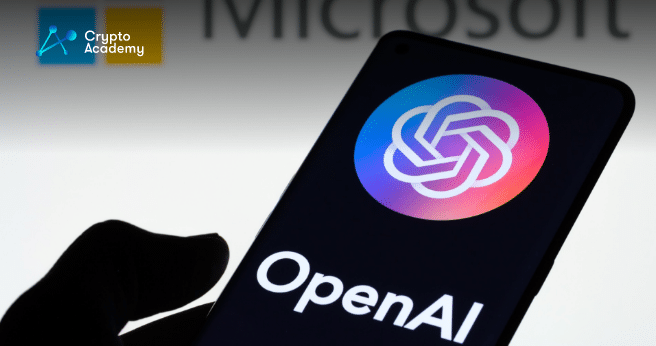Microsoft is reportedly developing custom AI chips, codenamed “Athena,” to power ChatGPT and OpenAI projects, reducing dependence on Nvidia GPUs.
The technology titan, Microsoft, is said to be formulating its exclusive AI chips to fuel artificial intelligence projects for both OpenAI and its in-house teams. As reported by The Information, the company has been discreetly working on these chips since 2019, aiming to counterbalance the escalating development expenses for Microsoft’s internal initiatives and its partnerships with OpenAI. The recent unveiling of this hardware project aims to decrease the company’s reliance on Nvidia’s GPUs, which have become progressively costly and rare in the market.
Nvidia H100, a sought-after GPU for educating machine learning systems, carries a price tag of around $40,000 on reseller sites like eBay, given the increasing market shortage. This exorbitant pricing has prompted technology giants such as Meta, Google, and Amazon to engineer their machine-learning chips in recent years.
Athena: Microsoft’s Secret Project to Join the AI Hardware Race
Under the secretive codename “Athena,” Microsoft AI chips are in development, with no official comment from the company as of yet. The name “Athena” could symbolize a tribute to the Greek goddess of war, reflecting Microsoft’s participation in the intensifying generative AI rivalry. The Information suggests that Microsoft’s internal machine learning personnel and OpenAI developers have commenced testing the new chips.
The AI sector has seen a flurry of activity lately, with Amazon joining the fray by introducing its self-developed models as an integral component of the Bedrock AI infrastructure deployment. Moreover, on April 17, Elon Musk, the wealthiest person on the planet, disclosed the impending introduction of TruthGPT, a large language model aiming to seek the truth, during a Fox News interview with Tucker Carlson. This revelation adds to the competitive atmosphere, as TruthGPT seeks to tackle ChatGPT’s supposed left-wing inclination.
Microsoft’s AI Chips and the Future of OpenAI
While the precise application of Microsoft’s AI chips within OpenAI is uncertain, the organization’s co-founder and CEO, Sam Altman, has implied the necessity for an innovative approach to the infrastructure and design that propelled OpenAI from GPT-1 to GPT-4. Altman, while addressing an audience at MIT, pointed out that the age of “massive, massive models” is approaching its conclusion, and enhancements must be implemented in alternative ways.
Microsoft’s resolution to create its AI chips signifies a notable shift in the company’s tactics and a possible disruption in the AI market. The decision could cut costs and augment efficiency for Microsoft’s in-house ventures and OpenAI collaborations. Furthermore, with other tech behemoths already making headway in the AI hardware realm, Microsoft’s entrance into this arena underlines the mounting significance of customized hardware for AI advancement.
Implications for the AI Industry
Microsoft’s endeavor to develop AI chips exhibits the company’s dedication to fostering innovation in artificial intelligence. As more technology giants pour investments into tailor-made AI hardware, the competition is projected to intensify, possibly leading to swifter breakthroughs and lower costs in the long run. Microsoft’s AI chip project could also inspire other organizations to contemplate devising their solutions, thereby accelerating the expansion of the AI sector.
In summary, Microsoft’s incursion into AI chip development, along with OpenAI’s plans to evolve its models, signifies a bright future for the AI industry. As corporations persist in investing in custom hardware and refining their AI models, the potential for breakthroughs in artificial intelligence continues to grow exponentially.

